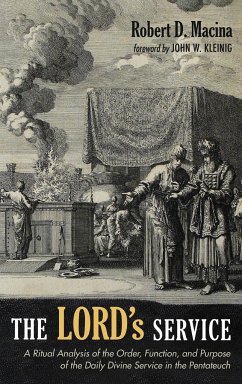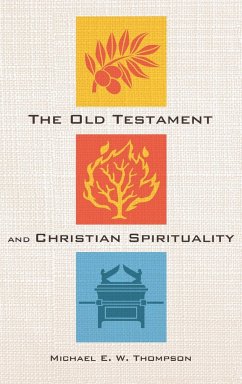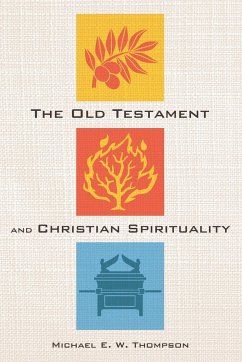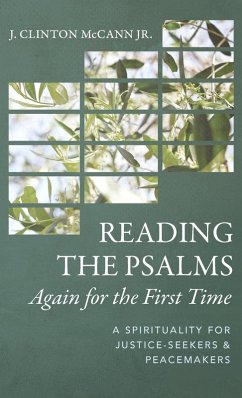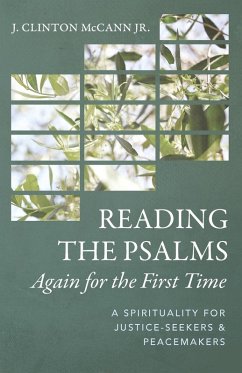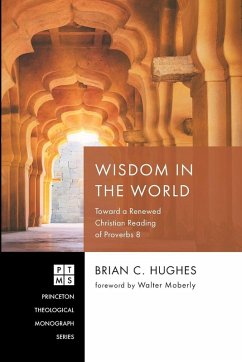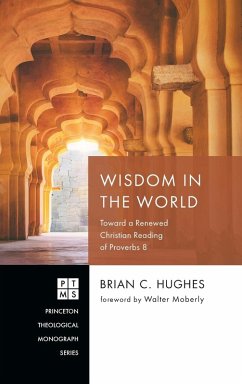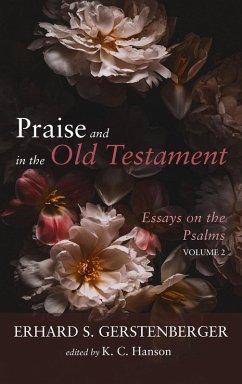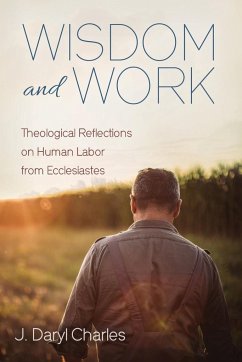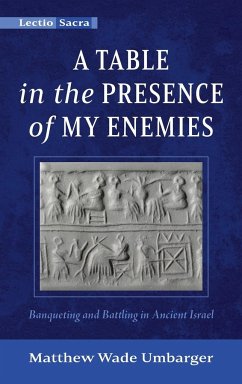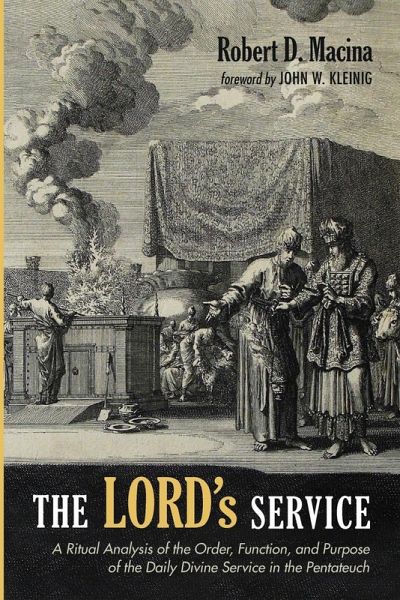
The LORD's Service
Versandkostenfrei!
Versandfertig in 1-2 Wochen
28,99 €
inkl. MwSt.
Weitere Ausgaben:

PAYBACK Punkte
14 °P sammeln!
Worship in the Old Testament has been frequently misunderstood. Its rites and ceremonies are often perceived as legalistic works that were required by an angry God to gain his favor or avert his wrath. But is that really what the Bible teaches? To be sure, the LORD did institute the divine service in the Old Testament with all of its laws, rites, and ceremonies. Yet did God do this in order to be appeased or pleased by the ancient Israelites? When the priests enacted the offerings and sacrifices at the sanctuary, was it merely to do good works that God required but without meaning or purpose f...
Worship in the Old Testament has been frequently misunderstood. Its rites and ceremonies are often perceived as legalistic works that were required by an angry God to gain his favor or avert his wrath. But is that really what the Bible teaches? To be sure, the LORD did institute the divine service in the Old Testament with all of its laws, rites, and ceremonies. Yet did God do this in order to be appeased or pleased by the ancient Israelites? When the priests enacted the offerings and sacrifices at the sanctuary, was it merely to do good works that God required but without meaning or purpose for his people? Was worship in the Old Testament always what the people did for the LORD or did God do anything that was beneficial to the Israelites? This book answers these questions and, furthermore, dispels the recurring misinterpretation of worship in the Old Testament. The LORD established the divine service in the Pentateuch not to receive what he demanded from the people of ancient Israel, but, on the contrary, to cleanse them from their sinful impurities, sanctify them to share in his holiness, and dwell among them with his blessing.




